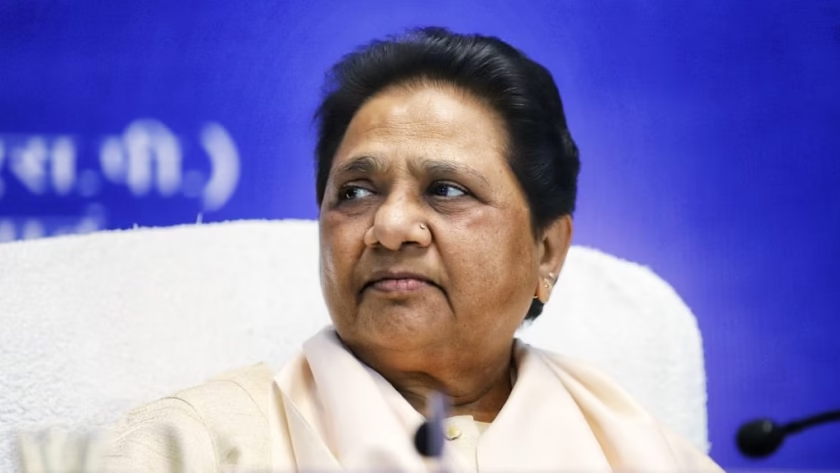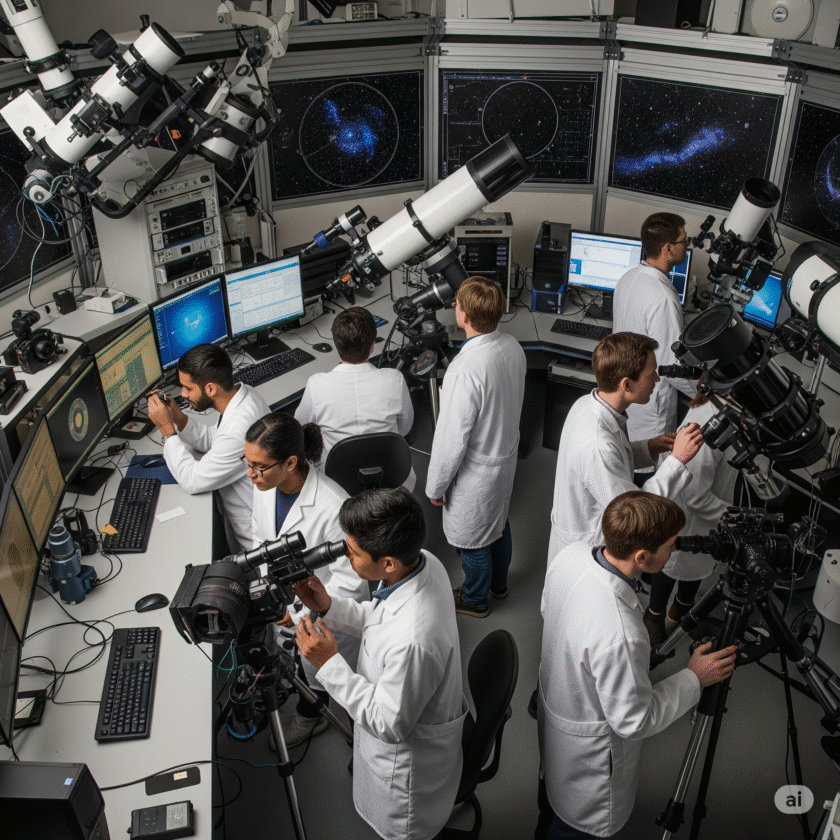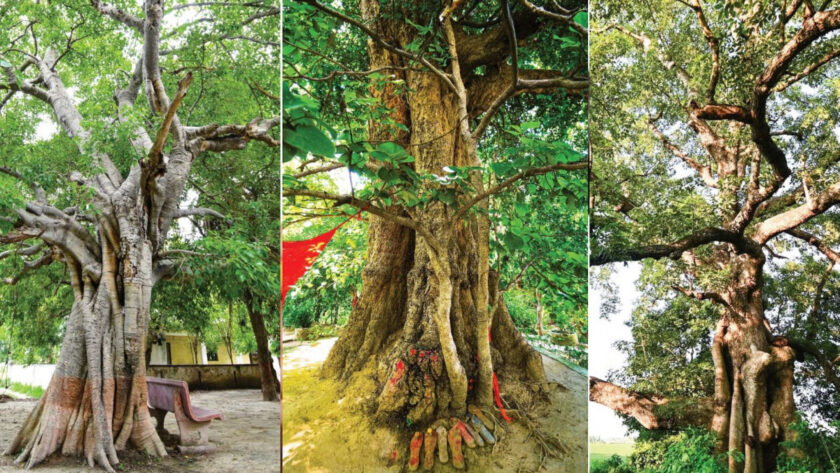Lucknow – The Koshala Literature Festival concluded its vibrant celebration of storytelling, culture and dialogue with a memorable final day that left audiences inspired and reflective. The day featured engaging conversations with literary icons, panels on history and philosophy, and insights into cinema, all brought to a fitting close with a mesmerising Sufi music performance.
Art and Reflection in the Morning
The day began with a fascinating session on the artistic journey of Muzaffar Ali. In Farasnama: The Art of Muzaffar Ali, the celebrated polymath shared the inspirations behind his evocative works, celebrating the horse as a symbol of strength and spirit. Speaking with Taha Ahmad, Ali revealed his unique ability to blend tradition with contemporary forms of expression.
At the same time, former Reserve Bank Governor D. Subbarao offered a candid reflection on his life and career in Just a Mercenary?. In conversation with economist Saurav Jha, Subbarao discussed the challenges, successes and introspection that have shaped his journey through public service.
Explorations in Literature and History
As the morning progressed, audiences were drawn into discussions that celebrated the richness of literature and the depth of historical narratives. Diplomat and bestselling author Vikas Swarup shared the creative process behind his latest novel, The Girl with the Seven Lives, in an engaging dialogue with Diksha Bisla. Across the venue, historian Devika Rangachari explored the fascinating legacy of the Mauryan dynasty in The Mauryas: Chandragupta to Ashoka, shedding light on figures like Ashoka, Chandragupta and the lesser-known Bindusara.
For those seeking philosophical insights, Hindol Sengupta’s session on the Ashtavakra Gita delved into timeless questions about life, death and the pursuit of truth. Meanwhile, Rana Safvi’s A Firestorm in Paradise transported audiences to the era of Bahadur Shah Zafar through a heartfelt blend of personal and historical storytelling.
Afternoon Dialogues on Identity, Cinema and Heritage.
Themes of identity and social transformation took centre stage in Prayaag Akbar’s The Narratives of Identity: Leila and Mother India. Akbar’s exploration of societal divisions and personal quests struck a chord with audiences. Later, the life and artistry of actor Irrfan Khan were celebrated in Irrfan: A Life in Movies, where Shubhra Gupta and Shailja Kejriwal shared moving reflections on his enduring legacy.

In The Book of Everlasting Things, Aanchal Malhotra transported listeners to pre-Partition Lahore, weaving a story of love and resilience. At the same time, Awadh Ki Sanskriti: Ek Rangin Safar brought together Rana Safvi, Nishant Upadhyay and Ravi Bhatt to discuss the rich cultural and architectural heritage of Awadh.
Evening Highlights and a Soulful Finale
The festival’s final discussions offered deep insight and reflection. In The Democracy Lab, Radha Kumar and Purushottam Agarwal examined the complexities of India’s democratic evolution, touching upon both challenges and opportunities for renewal. Meanwhile, Adaptations: From Script to the Screen brought together Vikas Swarup, Prayaag Akbar and Shubhra Gupta to explore the intricacies of transforming literature into films.
The festival concluded with a mesmerising performance by the Sabri Sufi Brothers. Their soulful music cast a spell over the audience, leaving everyone with a sense of serenity and inspiration.
A Celebration of Stories and Connections
The final day of the Koshala Literature Festival was a perfect reflection of the event’s spirit—bringing together ideas, culture and creativity. With its engaging sessions and unforgettable performances, the festival once again proved to be a cherished platform for fostering dialogue and connection.
For queries:





